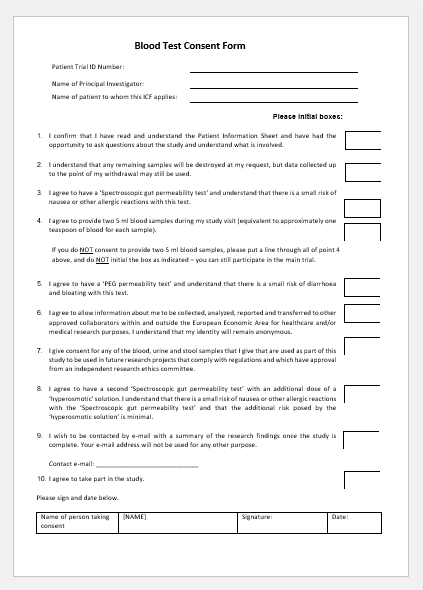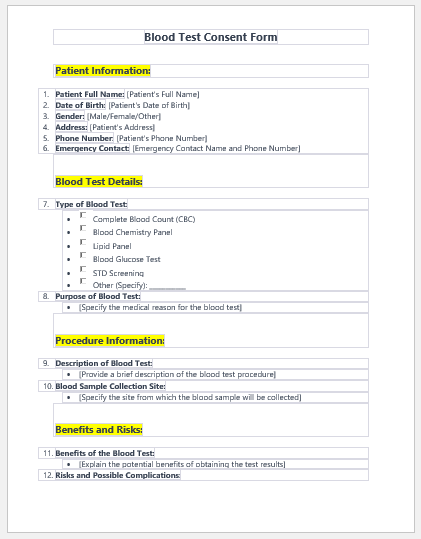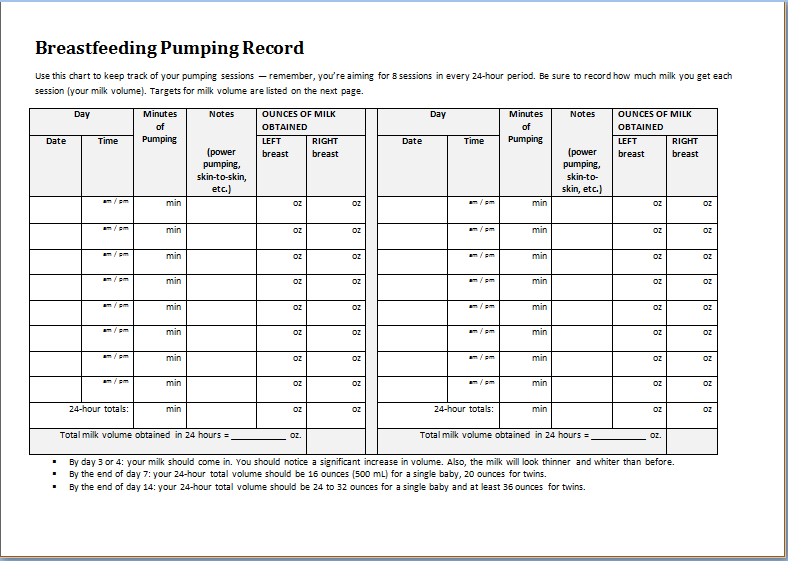Introduction to Venepuncture and Blood Tests:
Every individual has come across any illness in his life once for which he has to visit a hospital or clinic. Many people have given blood samples and are quite familiar with the process. It is an invasive technique that requires the withdrawal of a blood sample, which is then sent to a laboratory for analysis. A report is generated and delivered to the doctor and patient.
Different tests require varying amounts of blood as a sample. Usually, 2–5 ml of blood is enough. The area is cleaned with an alcohol swab, and a tourniquet is applied to the limb. Common sites include the hand, forearm, in front of the elbow, and foot. Other sites are the scalp, neck, and legs. Venous blood is then drawn and stored in a vial. A bandage is applied to the site of venepuncture for a while.
Arterial Sampling:
In some cases, an arterial tap has to be performed for certain tests, like measuring blood gases. A sample is taken from a deep-seated artery and causes discomfort to the patient. Common areas of sampling are the forearm, in front of the elbow, and groin.
Importance of Consent for Blood Test:
As it is an invasive procedure and carries risks like transmission of infection, bleeding, and hematoma formation, it must be performed after obtaining informed consent from the patient. In the case of minor patients, parents or their guardians must give consent after getting information about all the possible complications that could occur.
Types of Blood Tests:
Various types of blood tests are available that are used to identify and quantify the disease; broadly, these are classified as:
- Baseline investigations: Complete blood picture CBC, Liver function tests LFTs, Renal function tests RFTs, and serum electrolytes
- Blood grouping
- Bleeding time and Coagulation profile
- Blood culture
- Hepatitis profile
- Blood glucose level
- Pregnancy test (Beta hCG)
- Lipid profile
- Cardiac enzymes
- Hormonal profile: Estrogen, testosterone, and progesterone
- Serum calcium, vitamin D level, albumin, globulin, A/G ratio
- Specific tests: Thyroid function tests TFTs, PCR, Serum amylase
Blood Test Consent Form:
- Patient’s information: name, father/husband’s name, age, sex, address, and contact number.
- Provisional diagnosis based on history and clinical examination.
- Indication and method of procedure in detail.
- Date of procedure and time of blood collection.
- Storage and transport processes.
- Benefits, complications, and liability of the procedure. Commonly, these include pain at the site of venepuncture, uncontrolled bleeding, or infection.
- Cost of the procedure and test.
- Follow up after the blood test. As some diseases require a repeat test, written documentation is necessary.
- Agreement of confidentiality and privacy that only the concerned person will receive the report.
- Contact number and email/website of the collection laboratory.
- Emergency contact of the patient with a complete name and phone number.
- Name and identity of the doctor who requested the test.
- Name and signature of the patient or relative.

- Mental Health Evaluation Forms
- Forms Used by Pediatricians
- Various Forms Related to Pregnancy Verification
- Common Forms Used by ENT Specialists
- Pain Diary Worksheet Template
- Forms Commonly Used by Old Age Homes
- Medical Treatment Consent Form
- Home Exercise Program Worksheet
- Forms Used for Mental Health Assessment
- Forms Used by Psychologists
- Medical Forms Commonly Used by/for Students
- Assessment Consent Form



